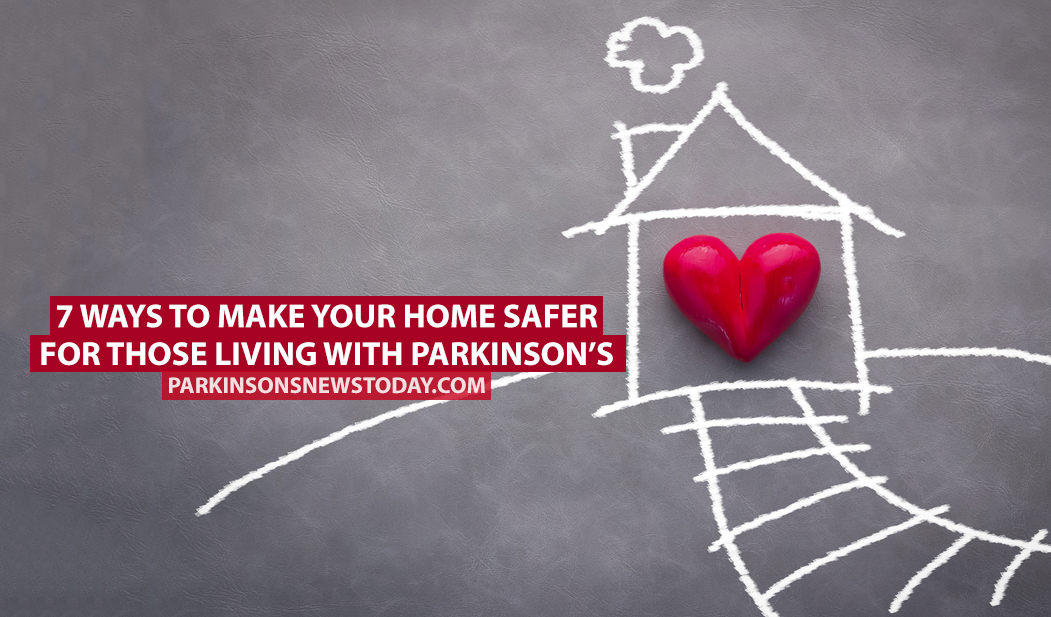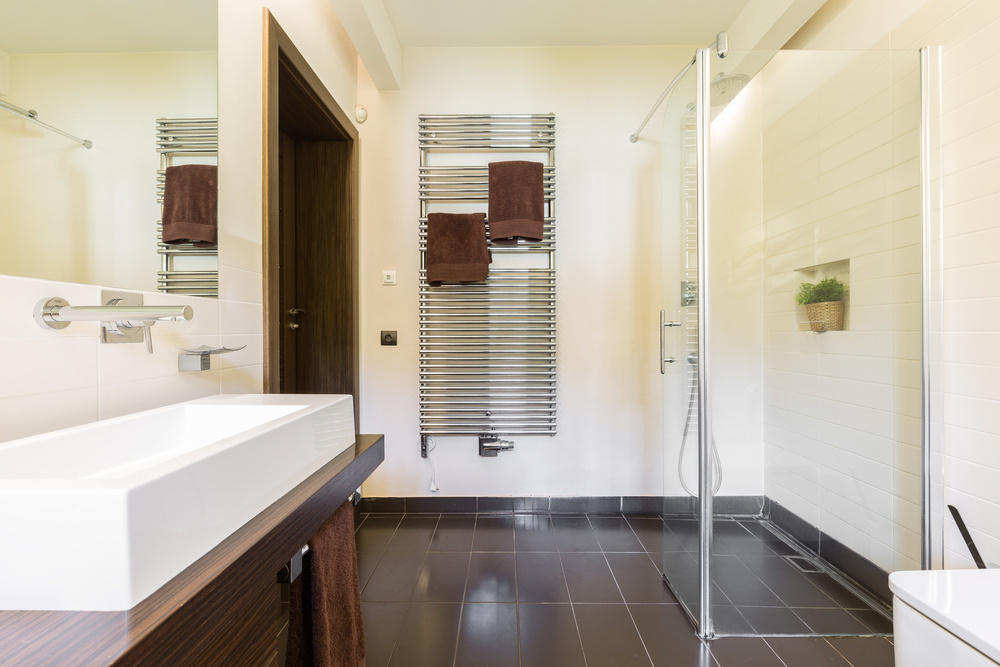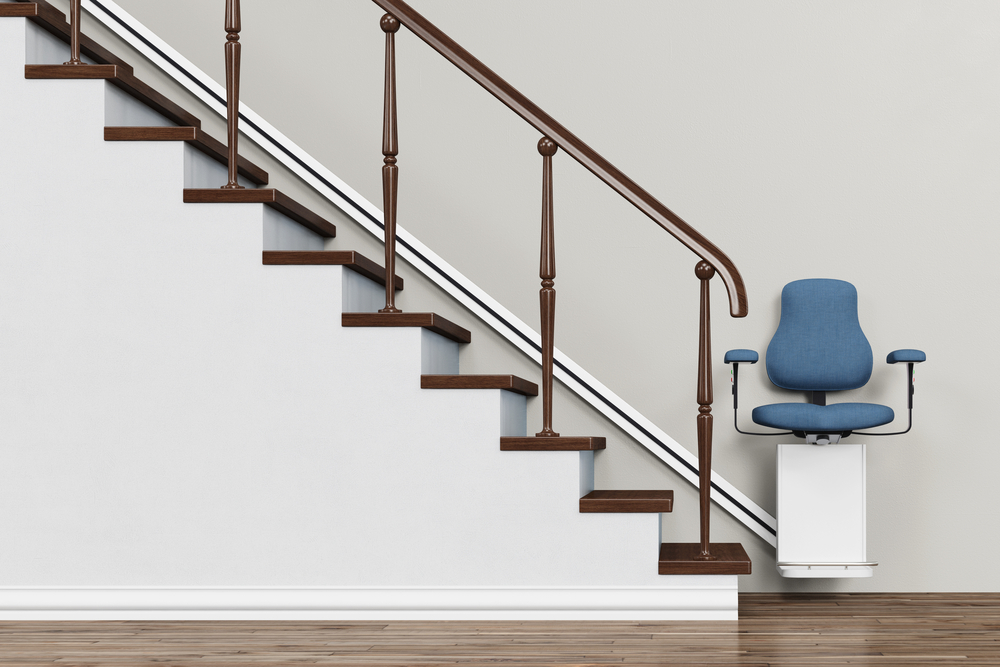7 Ways to Make Your Home Safer for Those Living With Parkinson’s

Being diagnosed with a complex and serious disease like Parkinson’s is never easy. Patients and caregivers immediately start considering what changes will be necessary in order to make day-to-day life easy and safe for the recently diagnosed.
There are several things you can do to improve your daily routine while living with Parkinson’s. Many of these changes include small adjustments and renovations to your home, which should be your safe place.
To help you with all these overwhelming changes, we’ve put together a list of tips based on suggestions from the Michael J. Fox Foundation. These tips will help you improve your life and safety while living and coping with Parkinson’s symptoms.
1. Don’t change all at once: It’s important that you don’t change the whole scenario all at the same time; do it at a slow pace and start by making small changes.
Remove potential obstacles that could be dangerous for someone who has a hard time walking and balancing on their own. If you have big, fluffy rugs that could become a tripping hazard, consider moving them out of main rooms or walkways. Don’t forget to always leave space in between pieces of furniture, so that your loved one can walk freely and safely around the perimeter.
Find out about boxing therapy for young-onset Parkinson’s disease.
2. Improve the lighting in your household: Some people may not like having a lot of light around them, but having a well-lit house can be very beneficial for people living with Parkinson’s disease.
It makes navigating each room easier and helps avoid undesired bumps and stumbles. If you can, install touch lights and lights that are sensitive to movement and sound.
Find out more the role of dopamine in Parkinson’s disease.
3. Give your bathroom a makeover: Make sure you have a non-slip mat in the shower or bath tub.
If you can afford to upgrade your toilet, an elevated toilet seat is something several patients’ agree makes their lives a little bit easier. The extra elevation can make it easier to stand back up. Also install safety rails to help patients get up.
Meet Gregory Chandler and see how he hasn’t let Parkinson’s disease stop him from enjoying life.
4. Switch your chairs to some that might be easier to get out of: Adjustable recliners or chairs with straight backs, firm seats and arm rests are the perfect choice.
Firm cushions can add height and help with standing up, as well.
Trequant launches a wearable watch-like device to monitor tremors. Find out more.
5. Install railings along walls and hallways: Those living with Parkinson’s disease may have trouble walking or even just keeping their balance. To help with the mobility of patients, install railings and supports along the walls and hallways of the house.
If you can afford these home improvements, invest in them. They can be extremely helpful with improving balance and preventing falls.
6. Try to make more significant renovations: Even though it might be expensive, if you can afford to, try and adapt your house as much as possible.
Building ramps, stair lifts and wider doorways can make an enormous difference to someone living with Parkinson’s.
Find out about Diane Hasting’s journey with young-onset Parkinson’s disease.
7. Don’t forget to invest in comfort: Rest is very important and one can only rest well if they feel comfortable. Make sure your bedroom is the most comfortable room in the house; invest in your mattress, bedding, window treatments.
Find out about the four possible causes of Parkinson’s disease.
Parkinson’s News Today is strictly a news and information website about the disease. It does not provide medical advice, diagnosis or treatment. This content is not intended to be a substitute for professional medical advice, diagnosis, or treatment. Always seek the advice of your physician or other qualified health provider with any questions you may have regarding a medical condition. Never disregard professional medical advice or delay in seeking it because of something you have read on this website.













